Cannabis Education & Research Program (CERP)
The ADAI Cannabis Education & Research Program (CERP) is multidisciplinary research program that aims to advance public health and safety in the context of legalized cannabis in Washington State.
Our goals
- Conduct public health-oriented research projects that inform decision-making and priority-setting.
- Disseminate cannabis-related science-based information to community organizations, health and educational professionals, policymakers, and the community at large.
- Foster collaborative cannabis-related research opportunities with researchers at the University of Washington, state and county agencies, and the legislature.

New article: Cannabis Consumer Patterns, Adverse Events, and Risk Beliefs in WA State (May 30, 2025)
New report: Assessing Engagement in Cannabis Policy: A Survey of Washington State Elected Officials (May 14, 2025)
CERP & Northwest ATTC Co-Presenting Webinar on Cannabis Hyperemesis Syndrome (March 19, 12pm PT) (Feb. 14, 2025)
Our Team
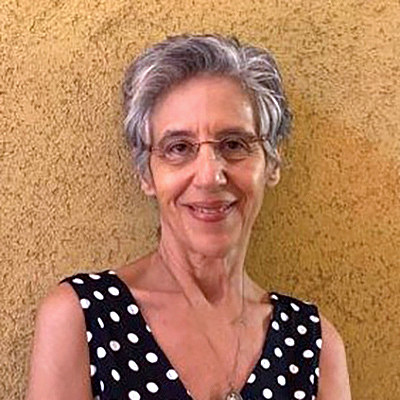
Director: Beatriz Carlini, PhD, MPH
Research Associate Professor
UW Psychiatry & Behavioral Sciences

Sharon Garrett, MPH, MA
Research Scientist

Jason Williams, PhD
Research Scientist
ADAI CERP has been partially funded by Washington State Dedicated Cannabis Fund for research at the University of Washington.
Other sources of funding over the years include the Office of WA State Attorney General, King County and Seattle Public Health Department, Spokane Health District, WA State Legislature and National Institutes of Health.
What we do
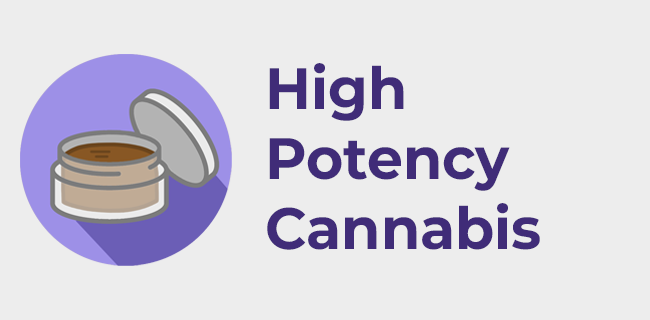
High Potency Cannabis
Learn what high potency cannabis is, what current science says about the risks, and what policy recommendations CERP has made to try to address those risks.
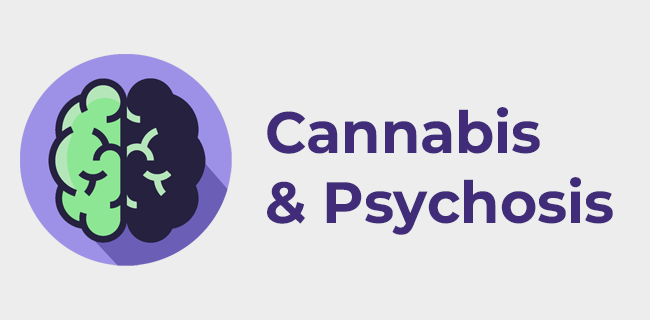
Cannabis & Psychosis
Find science-based information about the link between cannabis use and psychosis.

Educational Resources
Websites, videos, and slides from CERP-organized events.
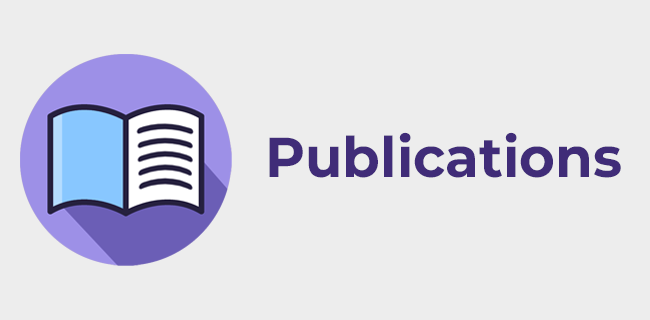
Publications
Find a list of publications by CERP team members.

Projects
Read about the different projects the CERP team is currently working on and find outcomes from projects that have been completed.
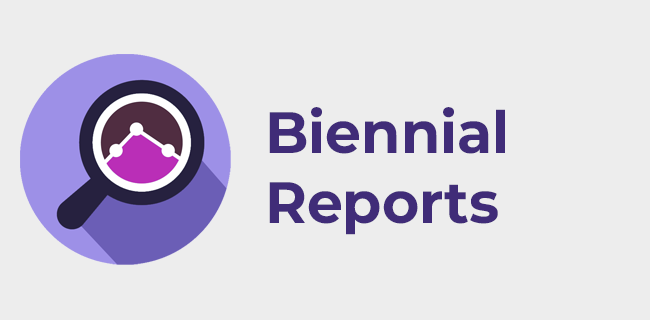
Biennial Reports
The CERP team puts out a report every two years detailing all the work they’ve done. Find current and past reports here.
